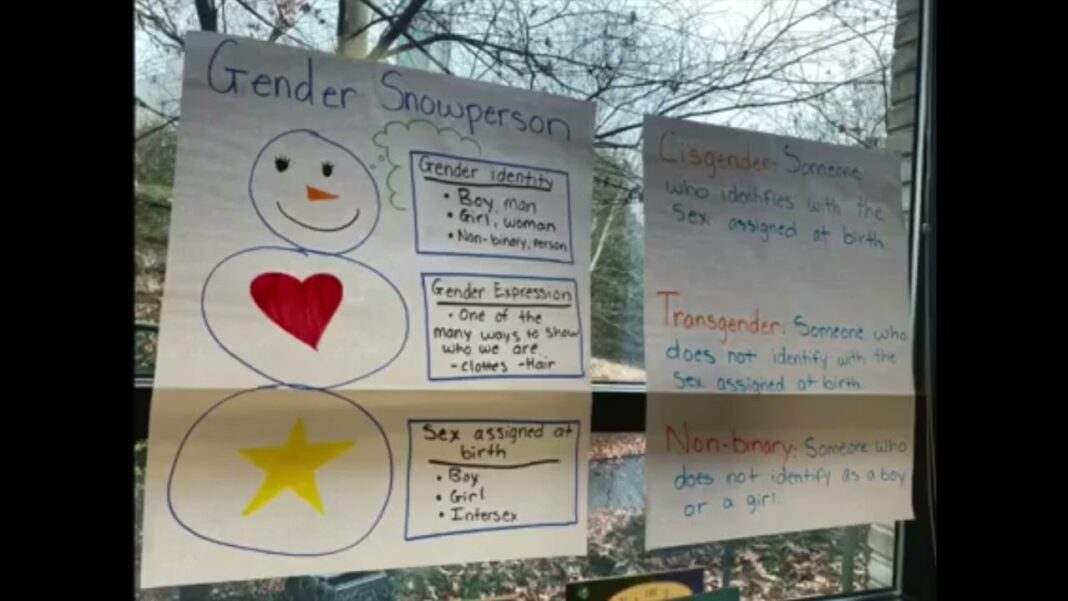Human rights groups are pushing a bill to create an international sanctions network to punish the communist Chinese regime for what they describe as the “unprecedented evil atrocity” of forced organ harvesting.
The bill would make it a crime for anyone to forcibly remove organs from another living person against their will, store or transport the organs, operate facilities to host transplant surgery of these organs, receive the organs, advertise, fund, broker, or profit off the grisly practice through other forms.
The measure was born out of an urgency to stop the abuse at a national level when international bodies had done little to address the issue, according to Theresa Chu, a Taiwan-based human rights lawyer and chair of the advocacy group Legal Commission of Universal Declaration on Combating and Preventing Forced Organ Harvesting, a Taipei-based advocacy group.
The principal victims of Beijing’s forced organ harvesting are practitioners of Falun Gong, an independent tribunal found in 2019. Adherents of the spiritual practice, which consists of meditative exercises and moral teachings centered upon the tenets of truthfulness, compassion, and tolerance, have been subject to an expansive repression campaign at the hands of the Chinese Communist Party since 1999.
Chu, who has worked to defend Falun Gong victims for about 20 years, recalled meeting with United Nations officials almost 10 years ago and presenting a petition signed by around 1.5 million people from 53 countries and regions calling for the U.N. to condemn organ harvesting.
During the meeting, Chu told the officials about the “death camps” and “secret concentration camps” where Falun Gong inmates are “murdered through forced organ harvesting.” These camps, she said, exist in virtually every city throughout China. She reminded the officials of their responsibility to investigate and locate the sites.
“The officials did not question the source of the ‘death camp’ allegations,” Chu told a March 22 virtual side event of the U.N. Human Rights Council on organ harvesting. “They listened with somber attention, took notes, but did not respond.”
No condemnation came from the U.N., then or now. Human rights experts affiliated with the body expressed their shock and dismay at what they said were credible allegations of forced organ harvesting last year. This statement came 14 years after the U.N. High Commissioner for Human Rights raised the issue with Chinese authorities in 2007 but received no satisfactory data in response.
In the face of the “indifference and inaction” of the international judicial mechanism, the burden is on “each of us with a conscience to take any democratic and legal means” to stop the atrocities, Chu said. She called it “imperative” for all countries to adopt the draft, which she said is also a key “remedy to stop the destruction of human ethics.”
By Eva Fu






